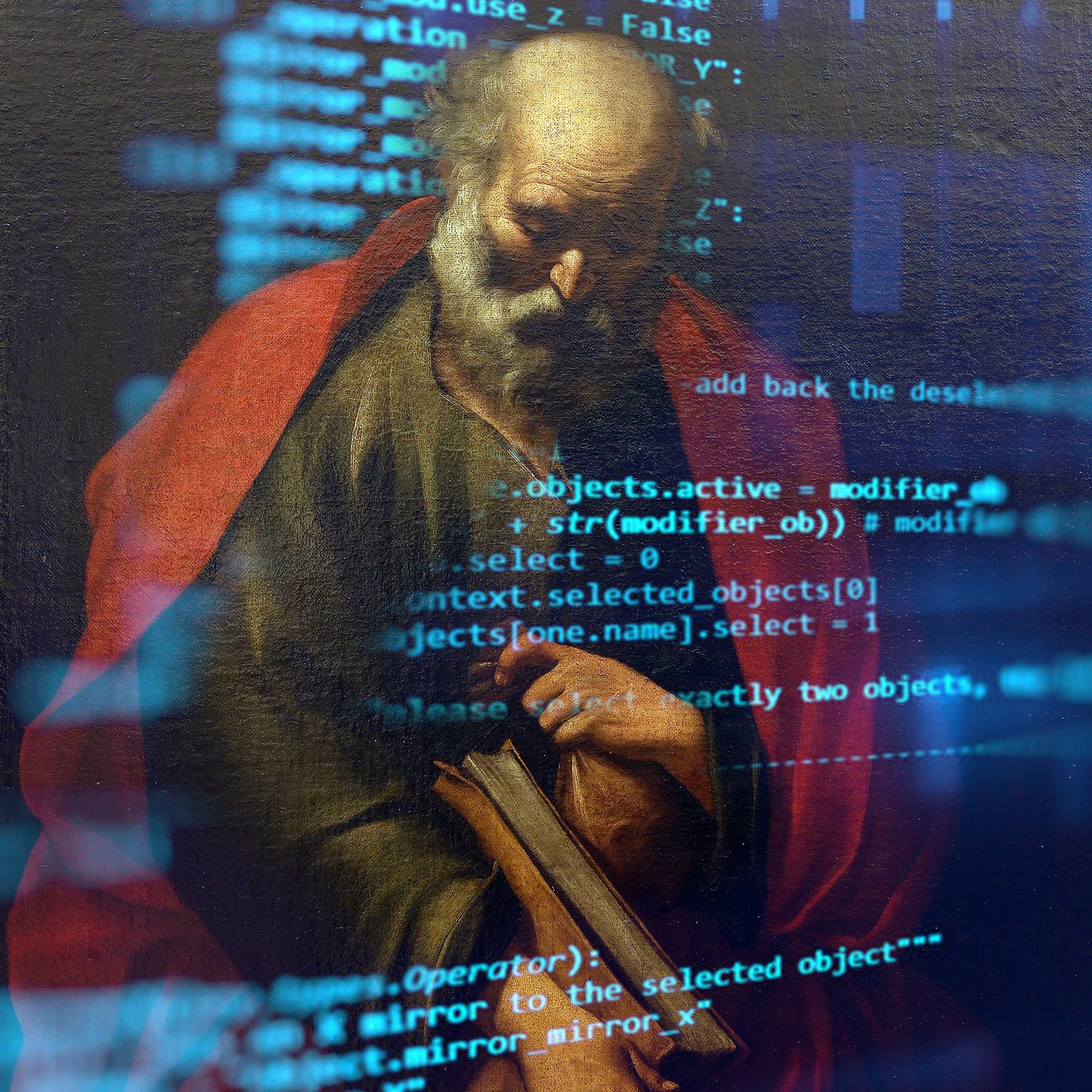The future of writing is here
Writing is more than just putting words together
It's:
Thinking
Creation
Logic
Persuasion
Delighting
Clarifying
Connection
Dialogue
Amuse
Educate
Simplifying
Speak
Questions
Discovery
And so much more.
Writing is one of those skills that impacts everything.
And with AI writing tools, you can go further and deeper with everything.
Let me explain:
Instead of thinking about AI and AI writing tools as robots taking our jobs…
Think of AI writing tools as your:
Collaborator
Co-writer
Creative assistant
I don’t believe there’s a great danger in writers being replaced by AI.
Being able to create with the help of robots (machines) has never led to less human creativity.
It enables the next level of creation.
Pen and paper is technology.
No writer has ever been out of a job because of pen and paper.
Why should you subscribe? Here’s the 27-second answer
In this newsletter, we’re exploring ways to leverage AI for writing better, with curiosity and creativity.
I’ll be sharing what I, and others are doing with AI for:
Writing in all forms, from ads to scholarly articles—and everything in-between.
How to use the various AI writing tools in your workflow.
How to improve your writing process with AI.
How to boost your writing, thinking, and creativity with AI.
Funny and really weird shit my AI-bot told me.
I will also share the latest news, tools, and research on this topic.
If you’re even mildly interested, you should subscribe.
Emails go out once-a-week.
Why should you subscribe? Here’s the 3-minute answer
We write as we think and think as we write.
And the biggest opportunity right now for any writer, and creative, is to develop your sense of taste.
Generative AI will create taste-less, commodity content.
Lead with your point-of-view, style, sensibilities, curation and aesthetic judgment.
And most importantly:
Apply it to your writing and work.
Real-life use cases for AI (and GPT-3)
Most AI writing tools (and there are over 100+ of them) are based on one source:
GPT-3 by OpenAI.
In my own work as a copywriter, I’ve been using GPT-3 and other AI tools for a couple of years. And the impact has been profound.
It’s not about churning out a ton more copy or content.
It’s not about writing faster.
The true, and lasting, impact of GPT-3 is ideation:
Coming up with new angles, ideas, and themes for writing ads, emails, landing pages, sales pages and more.
Over the past few years, incorporating AI, and more recently GPT-3, with client work has paid off in spades.
We can quickly and easily generate raw copy that turns into control-beating, conversion-boosting copy–with only minor editing.
And sometimes GPT-3 spins up ads or emails that can be used as they are, with zero editing.
My clients have experienced conversion lifts on pages, emails or ads that were once considered “dead” or impossible to beat.
Normally, as a copywriter, you rely on hours, days or weeks of research and immersing yourself in a product or service, with qualitative and quantitative analysis, interviews and surveys.
These are all still useful.
But there’s nothing quite like getting ideas for 50 or 100 ads with a click.
And there’s nothing quite like getting that “first shitty draft” taken care of in mere seconds.
But my work is not constrained to copywriting.
It has taken over all forms of writing:
Poetry, fiction, short stories, articles, and more.
And in turn, it’s helping me think clearer.
For humans, our role in the creative process and writing is shifting–and we’re liberated in a new way.
Instead of shouldering the burden of “originality” or coming up with something on our own, we are more like editors or simply “creative directors”.
AI, and GPT-3, are more like our “creative assistants”, handling much of the brunt work–or a trusted collaborator, with contributions of its own that can turn into ever more interesting works of art.
That doesn’t mean AI will automatically produce a new, perfectly formed work of art (or story or piece of music), ready for human consumption and appreciation.
There’s no reason to expect that level of work–yet.
But it does put us way ahead in terms of experimentation with existing language and formulas.
The real question is not how a tool like GPT-3 can replicate, write, produce and eventually replace human writing.
It will replace some forms of writing.
The question that matters is:
How can AI augment our writing—and in turn, our thinking and creativity?
How can we make sure our human nature comes through—and avoid the crushing calculations of 1’s and 0’s flattening who we are and our value?
The human use of robots—not robots using us in a never-ending loop of content remix.
Topics coming up:
How to use the various AI writing tools in your workflow.
How to improve your writing process with AI.
How to boost your writing, thinking, and creativity with AI.
Funny and really weird shit my AI-bot told me.
Examples of poetry, plays, screenplays, fiction, novels, and more.
We’ll explore all of it in this newsletter.
I’ll be sharing what I, and others, are doing across all forms of writing.
Signup, share, and follow along.



